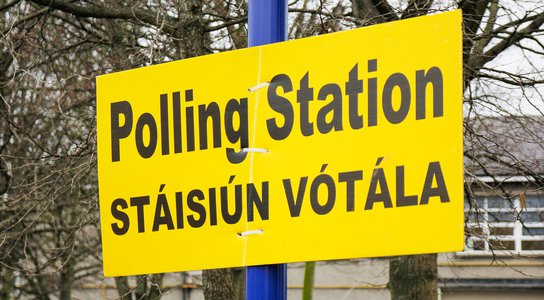17th August 2022, London/ Washington D.C. - Whilst welcoming Meta’s attention to serious failures in preventing disinformation on Facebook ahead of elections in Brazil, the company must ensure it is enforcing rather than simply rehashing existing policies, according to Global Witness.
An announcement from Meta last night said that they will “prohibit ads calling into question the legitimacy of the upcoming election”, repeating a policy [1] it already has in place. But an investigation by Global Witness this week exposed that disinformation around the Brazilian elections is still being accepted for publication by Facebook, showing that such policies are only as effective as their enforcement.
Jon Lloyd, Senior Advisor at Global Witness, said:
“Time and time again we have seen Meta pledge to combat disinformation and hate and yet we have repeatedly shown those policies are simply not working. It’s a start that Meta appears to recognise the problem but as it stands this is not translating to effective enforcement of policies to safeguard the integrity of elections.”
“Meta has the tools, technology and mandate to make it far harder for disinformation to be spread on Facebook. It must now translate talk into real global action; a failure to do so has the potential to stoke tensions and undermine democracy in what is already a strained moment for Brazil.”
“Without issuing a clear and transparent plan that meets the scale of the threat in Brazil, it is very hard to take any comfort from Meta’s response. Safeguarding policies should be rolled out globally - citizens everywhere deserve the right to have their democracies protected, not just where Meta deems it worthwhile.”
Global Witness’ latest investigation in Brazil revealed that Facebook failed to detect election disinformation in ads. It follows similar failures we have uncovered in Myanmar, Ethiopia and Kenya. In Brazil we found that outright false information (such as the election date) was able to get through Meta’s so-called safe-guarding policies.


